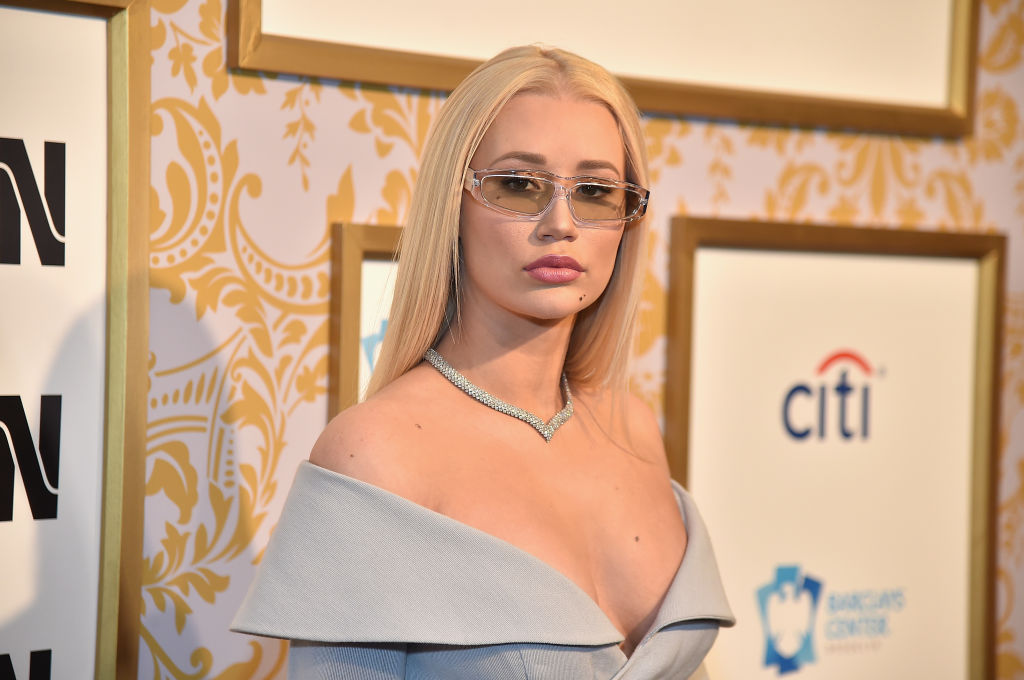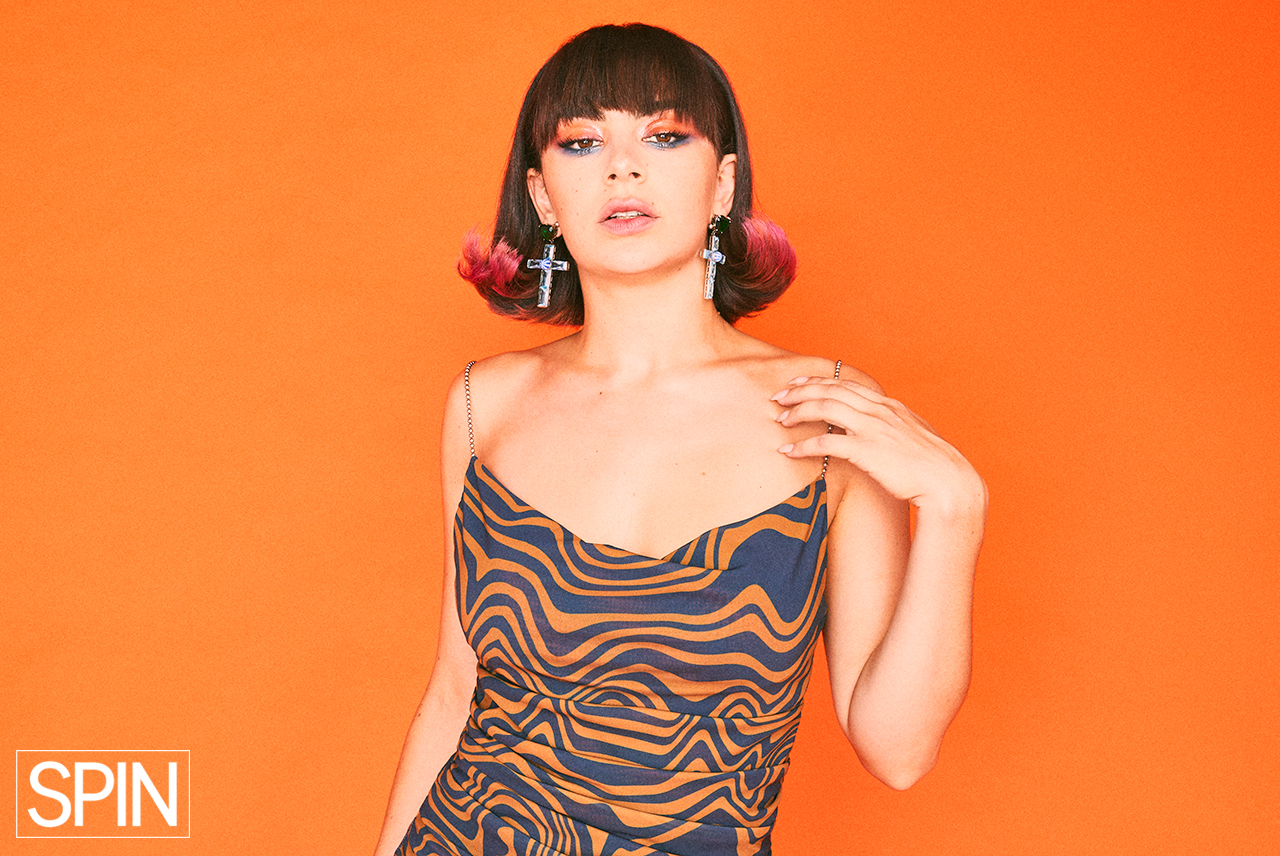Iggy Azalea is the subject of a new GQ profile which largely explores the rapper and one-time hitmaker’s fall from grace in the public eye following claims of appropriation, her ill-advised responses to said claims, and increasingly diminishing returns on her music. The piece paints a picture of the “Fancy” rapper torn between resentment and a bemused misunderstanding of the backlash against her, and attempting to trace the circumstances of her downfall.
One of the early embarrassments that hinted at the oncoming downswing in Azalea’s career was the cancellation of her 2015 world tour, which many chalked up to poor ticket sales. Azalea claims to writer Eve Barlow that this was the fault of her label at the time, Def Jam, for not putting forward sufficient money for rehearsals and other expenses six weeks out from the beginning of the tour. Now, Iggy is signed to Island Records, having shifted from Def Jam to another label under the umbrella of Universal Music Group mid-contract under circumstances she seems to be legally unable to speak about (“I’m shutting the fuck up,” she told the magazine.) Her long-gestating sophomore album, which the cancelled tour was supposed to be supporting, will likely never see the light of day now, even if she has its name tattooed on her fingers.
Still, she seems to get her arguments tangled a bit in trying to explain why public admonishments of her music and her defiant reactions to those admonishments don’t wholly land with her. In several instances in the piece, she refers to her family’s economic disenfranchisement growing up as a justification for her style:
The whole privilege thing is a rough conversation. I understand that in America there is institutionalized racism and there is privilege that comes with the color of your skin. That’s real. I grew up in a situation that didn’t involve any privilege and I worked really hard. A lot of my childhood is overlooked. People assume they know my life because Australia is a nice beautiful country. It’s tough because I want you to acknowledge my work and [to understand] that this wasn’t easy but I also don’t want to detract from or trivialize any people of colors’ position because that’s legitimate.
Later, she describes her family as “dirt poor” and details the hardships of her upbringing (homeschooling, multiple jobs as a child), only to end up equivocating: “I don’t wanna say that everyone’s feelings about racial privilege are invalid ‘cause I was poor. But how do we have a conversation where I’m not discrediting either scenario?”
She takes a moment to respond to one critic by name, lamenting that she can’t trust female artists more than men to support her. “The music industry is like a beauty pageant,” she says. “Even when they support you, they’d piss on your prom dress. I don’t know Halsey. She doesn’t know me. We haven’t even had a conversation.” (Halsey once called Azalea a “fucking moron” with “a complete disregard for black culture.”)
Ultimately, Iggy seems sad and confused. She’s mortified by her critics’ reading of some kind malicious sociopolitical intent into her rap music when she believed herself to just be paying tribute to an American culture she worshipped from afar in her teenage years. “I’ve been in America since I was 16…America is gonna have an influence on me. I live in this country with everybody else. I’m supposed to live here for almost half my life and not be influenced by it? If I’m influenced by it it’s somehow inauthentic or an act? This is my life. It’s been here.”
She also believes the punishment doesn’t totally fit the crime—or maybe it’s that she doesn’t fully understand the crime. “Is it because I rap in an American accent?” she questions. “I’m not here with a gold grill in my mouth and cornrows.” But then, again, the pendulum swings back to acquiescing to the criticism to some degree: “I understand why people criticize that because I have a voice in hip-hop. I make ‘black’ music. I don’t want people to think it’s not something I care about. I want to make music for girls in the gym.”
However confusing the nebulous concept of “mak[ing] music for girls in the gym” may be, the interview finds Azalea, probably for the first time publicly, attempting to wrestle with the complexities of her situation. On the other side of her esteemed label, mentor, and most other high-profile musicians who supported her distancing herself from her in fairly rapid succession, it’s hard not to feel a bit sorry for her when she says that she just “wishes everybody was [her] friend.”





